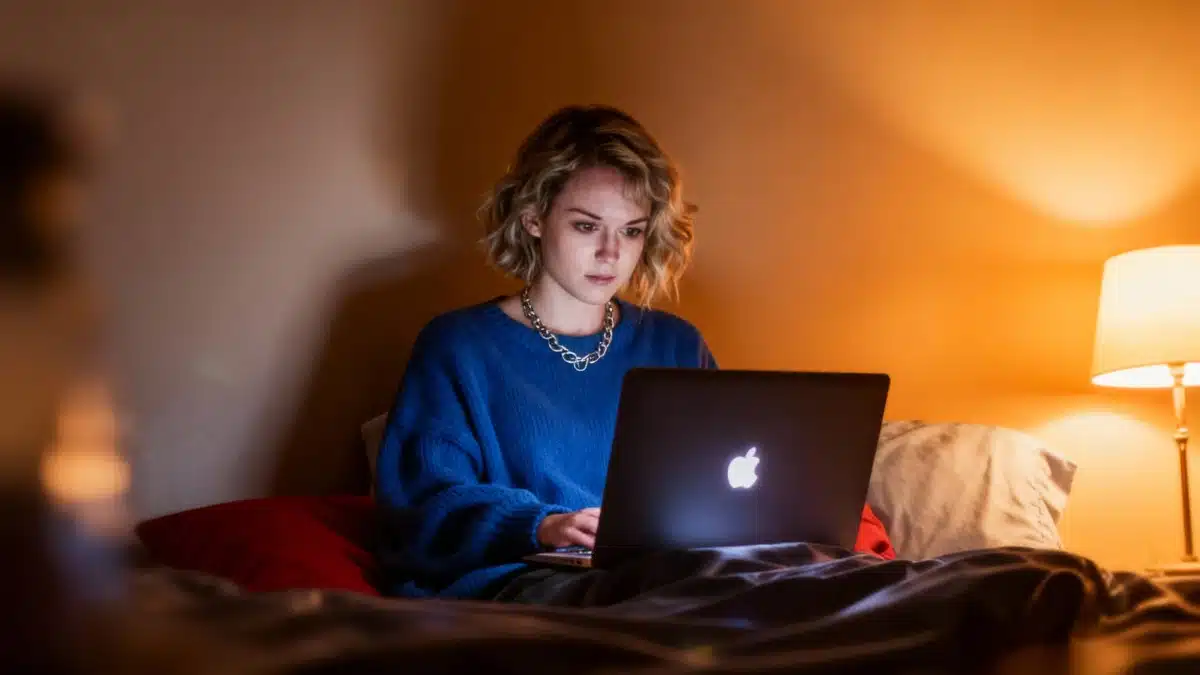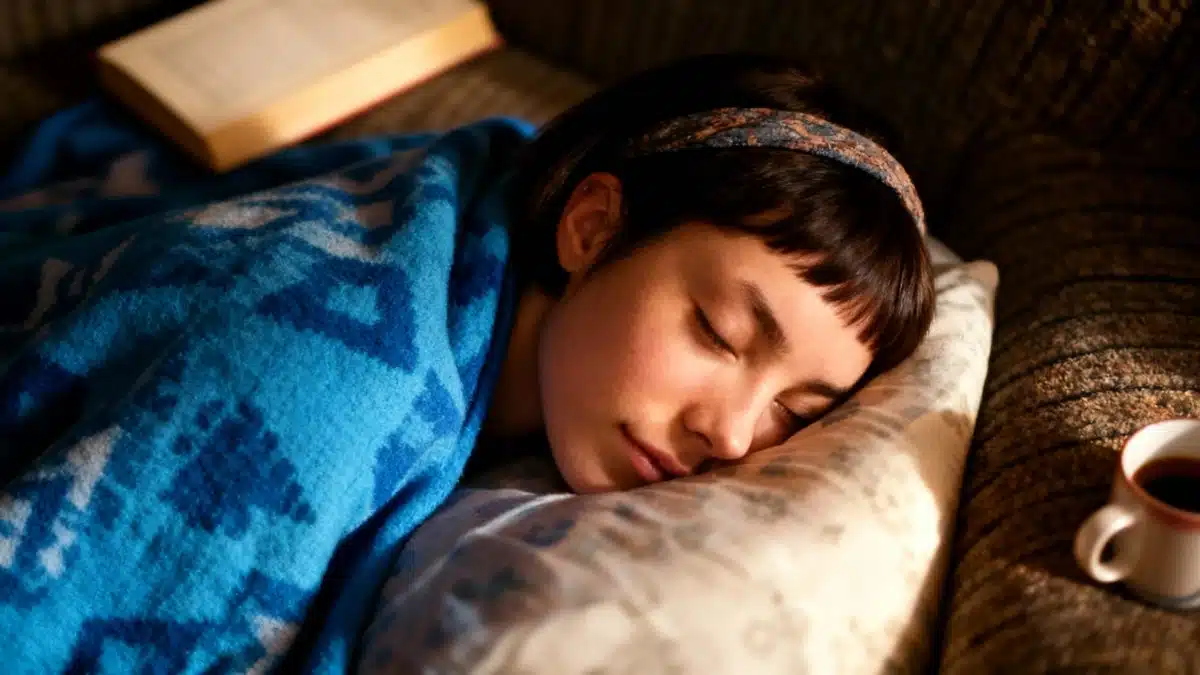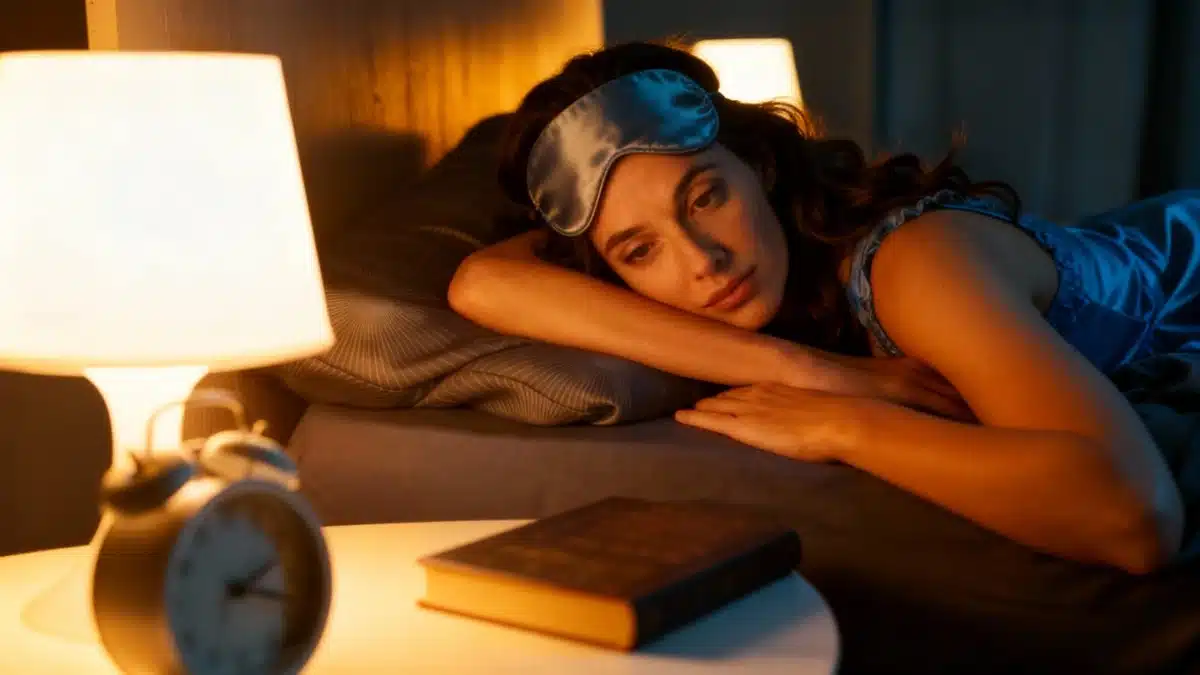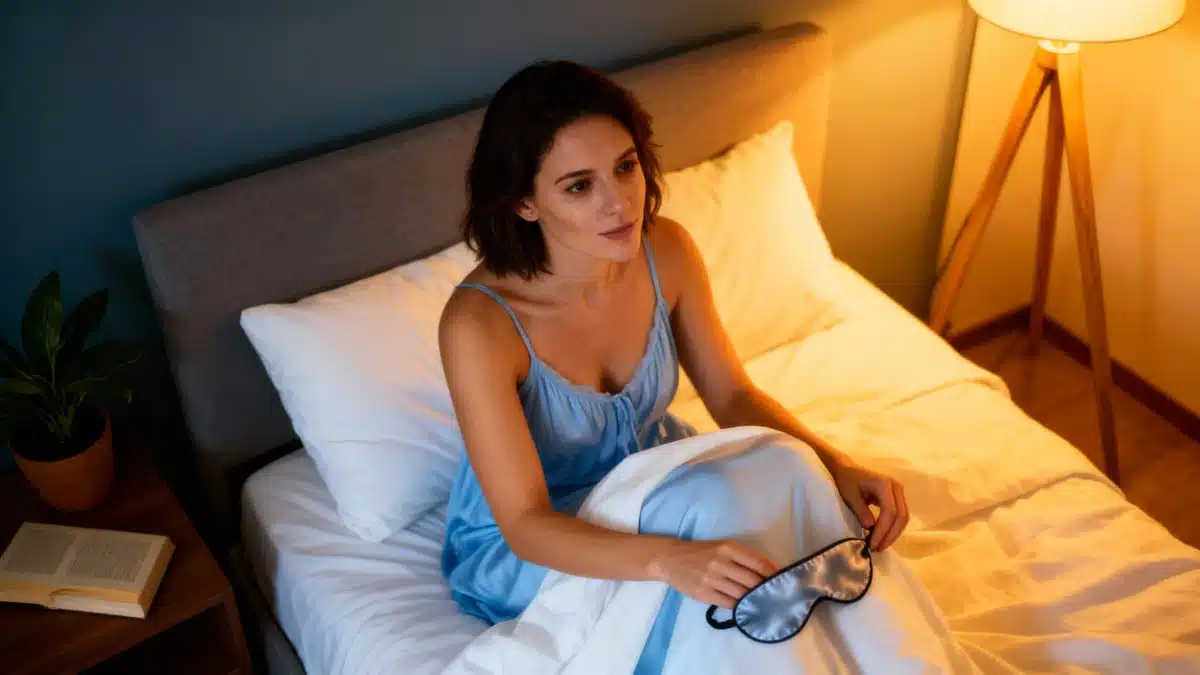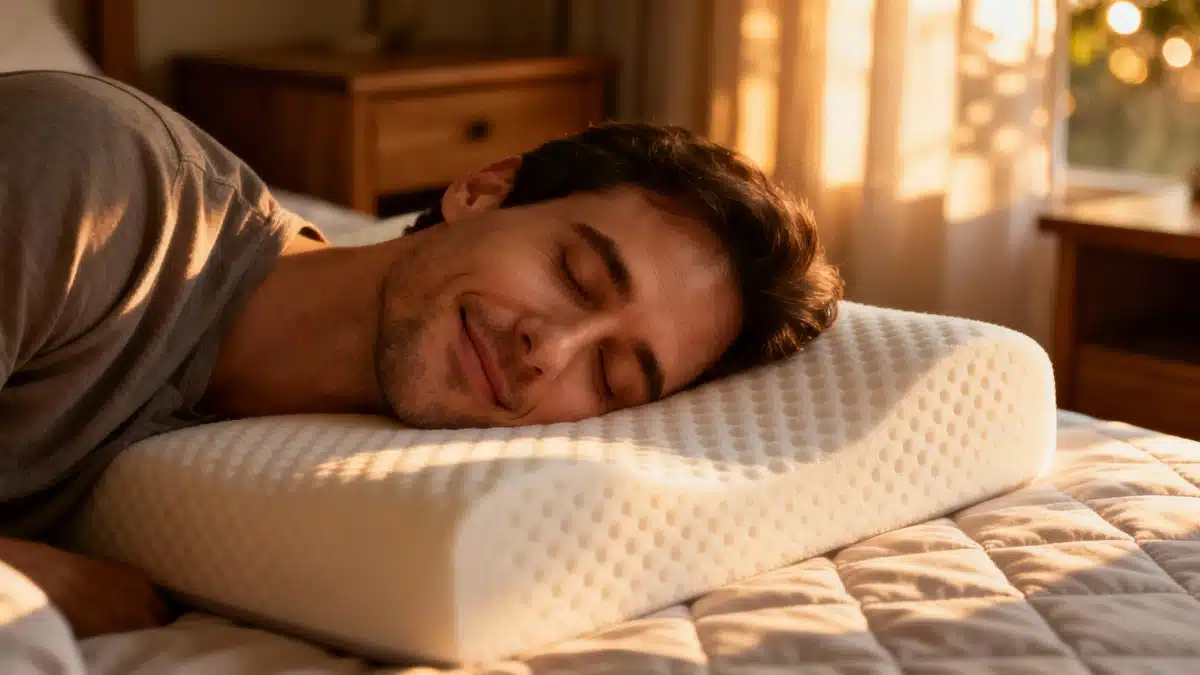Can Scroll Time Really Help You Snooze?
You might have heard it dozens of times: ditch your phone or tablet in the evening if you want a good night’s rest. Yet, recent research turns this idea on its head. According to two new studies, using screens before bed doesn’t reduce sleep quality or duration—in fact, it might even help you relax and wind down for the night.
The Surprising Science Behind Screens and Sleep
The first study, published in the Journal of Sleep Research, followed fifty-eight adults. Researchers analyzed their sleep habits and screen usage to figure out what really happened when people brought a device to bed. The results? Sleep quality wasn’t negatively affected by pre-bedtime screen use. Even better, the data showed that people sometimes slept longer after such screen time.
However, there’s a catch: the amount of time spent on screens matters. As long as screen time is kept relatively short and isn’t mixed with other activities, people tend to go to bed earlier and enjoy better sleep.
« For example, watching a streaming service or listening to a podcast before bed can serve as a passive and soothing activity that actually improves certain aspects of your sleep, » says Lindsay Hahn, co-author of the study.
The second study, published in Sleep Medicine, looked at thirty-two adults and how different screen habits affected their slumber. Specifically, researchers tracked what happened when participants scrolled through social media or listened to relaxation exercises before going to bed. The findings were clear: a few minutes on Instagram or Twitter just before bedtime didn’t harm sleep quality. Even more interesting, listening to relaxation exercises made people’s sleep better.
Limits and Recommendations: Moderation Is Still Key
While these results seem reassuring for night owls addicted to their devices, scientists included a word of caution:
« Delaying your bedtime due to extended media use could have negative effects. It’s still recommended to limit any kind of media activity at bedtime in order to get enough restorative sleep. »
So, yes, scrolling can be relaxing—but marathon binge-watching a series into the wee hours? Not so much.
Screens and Sleep: One Size Doesn’t Fit All
These two recent studies build on earlier research from psychologist Andrew Przybybylski at the University of Oxford. Back in 2018, he looked at how screen use affected children’s sleep by studying more than 50,000 kids. His data showed that each extra hour of screen time per day meant three to eight minutes less sleep per night. Doesn’t sound like much for one night—but it adds up.
« The takeaway is that the relationship between screen use and sleep isn’t simple, and we’re only just beginning to understand it, » explains Pete Etchells, another professor (who wasn’t involved in these studies).
The truth is, results can vary depending on your age, how much time you spend on screens, and what you’re actually doing with them. Passive, calming use may help you doze off, while endless scrolling could keep you up. Even Lindsay Hahn notes,
« People tend to worry about screens affecting their health and wellbeing, but our conclusions repeatedly show that media use can have benefits, too. »
So, next time you curl up with your tablet and a podcast or a gentle streaming show, you can rest easy—just don’t forget, moderation is still key if you want to make the most of your shut-eye.

John is a curious mind who loves to write about diverse topics. Passionate about sharing his thoughts and perspectives, he enjoys sparking conversations and encouraging discovery. For him, every subject is an invitation to discuss and learn.
